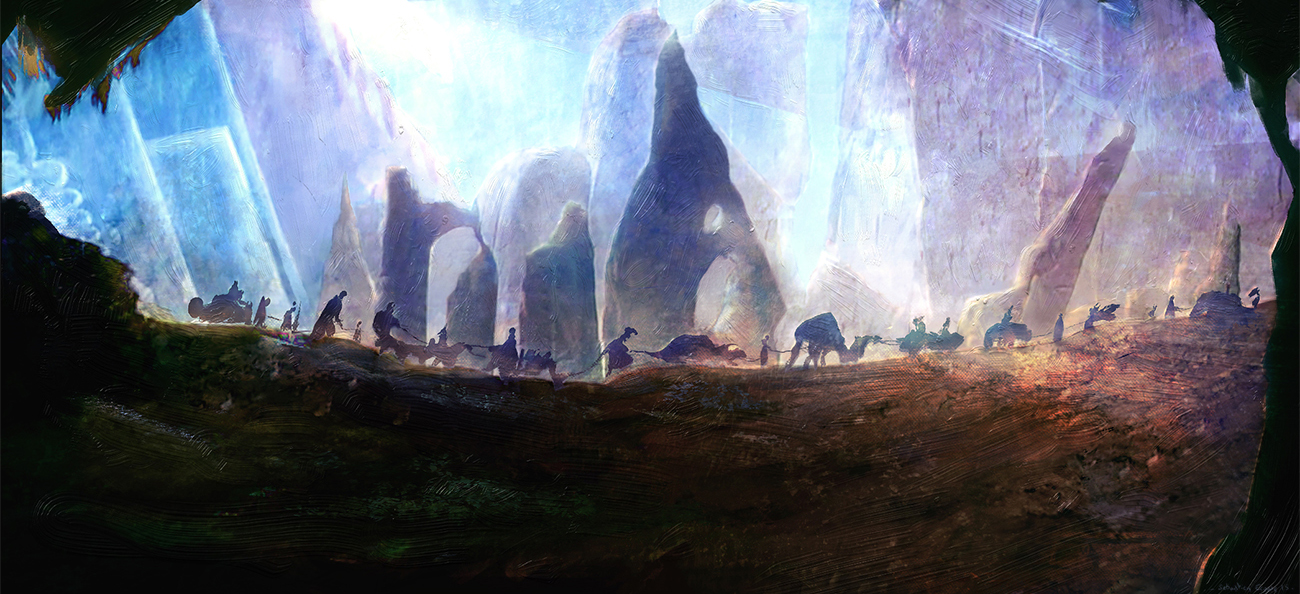The Demeter Coalition
Doing The Impossible...
The Petition
They defended the king's project, and demanded their banner-men to do the same. One by one, the other houses fell in line, their arguments refuted, and their worries eased. This was the first step of many, but with the financial backing of the nobility, preparations could begin.
The Petition circulated among the houses for many weeks. Each advised changes designed to ensure all houses stood on equal footing. Who would pay for what, and how much should be paid with respect to the wealth the house possesses? What goals would the expedition have? Should levies be allowed to volunteer? These problems and more needed to be ironed out before any progress could be made.
The Minor Nobility
The minor nobility were responsible for the provisioning of the expedition. At first, they were completely opposed to the idea, threatening to overturn the petition. The only way this could be changed was restricting the goods and services used for the expedition to the minor nobility. Not a single serving of food, plank of wood, or weapon forged could be used unless it was provided by a minor noble.
This created a huge influx of revenue for the minor nobles. The opportunity to develop trade routes along the roads created by the expedition only made the minor nobility more eager to assist.
Training
The judges of merit negotiated deals with Royal and house standards, along with many other organizations. These deals would offer pay if members of these organizations held classes to teach the required skills. These classes were free to take, but didn't offer much beyond the basics.
The Wardens of Estoya, for example, taught skills like setting camp, starting fires, and methods of identifying toxic flora with minimal risk. The Poet Laureate of Estoya, herself, held seminars discussing the basics of diplomacy and culture. Those who could complete the classes, and gain the minimum requirements, were allowed to join.
Remove these ads. Join the Worldbuilders Guild



I wonder if the heir of some country came to join the expedition in disguise so he wouldn't be disqualified...
Probably. I should add that one forfeits their land and titles by joining. Many nobles families sent middle children and twins to the expedition to avoid problems with succession. It's not unlikely that a noble would do this for any number of reasons!thanks for you comment, once again.